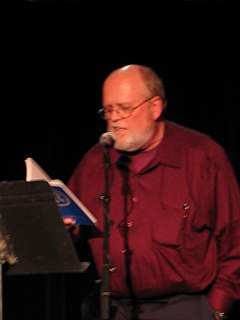A Quote by Benjamin Disraeli
Related Quotes
For there have risen many who have given to the plain words of Holy Writ some arbitrary interpretation of their own, instead of its true and only sense, and this in defiance of the clear meaning of words. Heresy lies in the sense assigned, not in the word written; the guilt is that of the expositor, not of the text.
The Prodigal Son story is, I think, the greatest short-story ever written. It has such drama in it, such great characters, it's so clear and concise, and it's entertaining in the sense that everyone can relate to it. But you have no doubt what our Lord was trying to communicate in the heart of that story. So the truth was not sacrificed on the altar of entertainment in that case. And it can be.
What's happening is the language. Not only in the usual sense of being interesting (which it is), but in the new sense that words are events, as real and important in themselves as wars and lovers... It is to the word, then, that the mind moves, and the word responds by taking on a physicality, even a sensuality, we have all been trained to ignore. Words have weight, and the distance between two can be a chasm filled with forces of association... What Clark is doing is genuinely new.
We all have a world of things inside ourselves and each one of us has his own private world. How can we understand each other if the words I use have the sense and the value that I expect them to have, but whoever is listening to me inevitably thinks that those same words have a different sense and value, because of the private world he has inside himself, too.



































